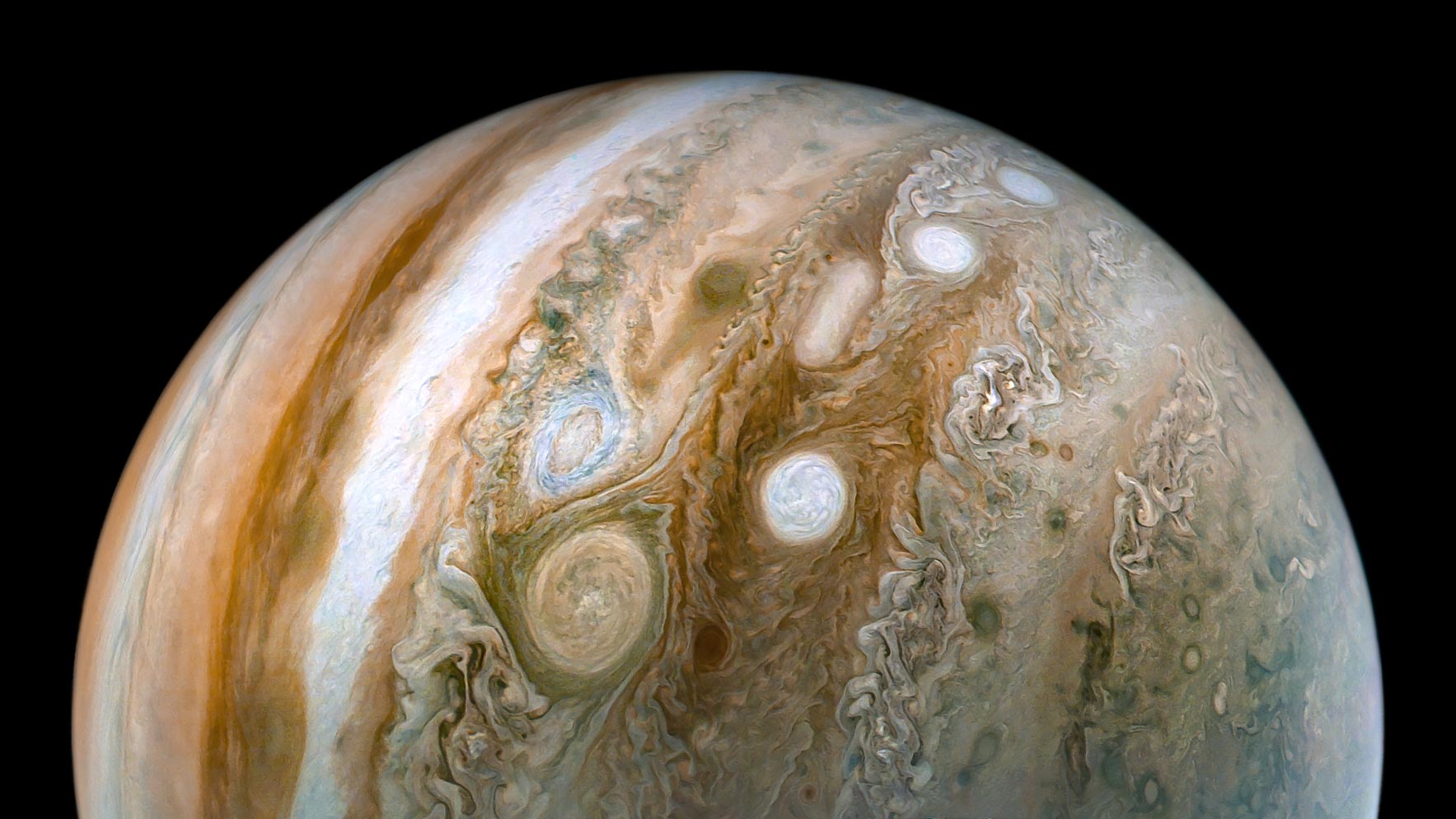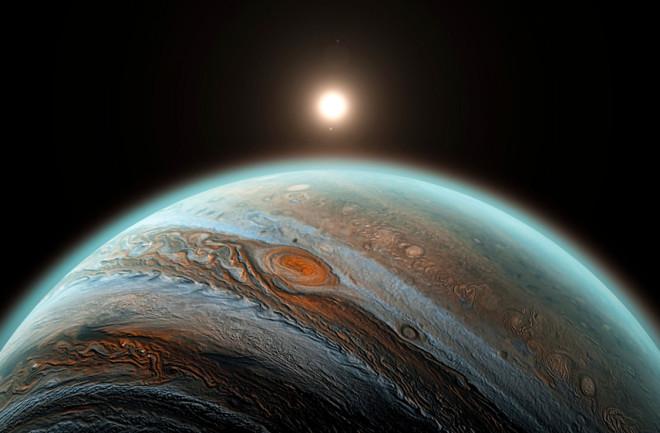For years, scientists have believed that Jupiter played a crucial role in protecting our planet from asteroids and comets by acting as a gravitational shield. The idea was that Jupiter’s immense gravity would capture these celestial objects and keep them from hitting Earth. However, recent observations have revealed that this long-standing myth is not entirely accurate.

While Jupiter does play a role in capturing some asteroids and comets, it turns out that the planet’s gravitational pull can actually have the opposite effect. When a comet or asteroid passes too close to Jupiter, the planet’s gravity can send it hurtling towards Earth instead of capturing it.

This split personality of Jupiter is due to the planet’s massive size and complex gravitational field. While the planet’s gravity can act as a shield for some objects, it can also cause chaos for others.

In addition to its gravitational quirks, Jupiter also has some other strange characteristics that have recently been discovered. For example, scientists have found that the planet’s core may be “fuzzy,” with a mixture of solid rock and liquid hydrogen swirling together. This discovery challenges previous models of Jupiter’s internal structure and raises new questions about how the planet formed.

Another recent discovery about Jupiter is the presence of water in the planet’s atmosphere. While scientists had long suspected that Jupiter had a water-rich atmosphere, it wasn’t until 2020 that the first direct evidence was found. This discovery has important implications for our understanding of how gas giants form and evolve.

So, what does all of this mean for our understanding of Jupiter and its role in the solar system? Well, it means that the planet is far more complex and mysterious than we previously thought. While Jupiter may still act as a shield for some asteroids and comets, it’s clear that the planet’s gravitational pull can also cause chaos and destruction.


VIDEO:
https://www.youtube.com/watch?v=DLiPHeaZmp0








